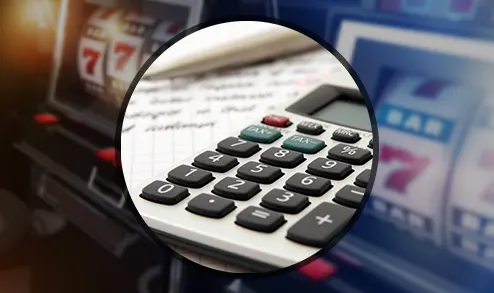 On Monday morning, the media agency Economic Times (ET) reported that the Group of Ministers (GoM) is to look into the goods and services tax (GST) on online gaming, casinos, and horse racing. People familiar with the matter have confirmed that the GoM is likely to maintain the current tax of 18% for skill-based games and propose 28% GST for luck-based games. The GST Council is to make the final decision during its next meeting, which is to take place in the last week of May or the first week of June.
On Monday morning, the media agency Economic Times (ET) reported that the Group of Ministers (GoM) is to look into the goods and services tax (GST) on online gaming, casinos, and horse racing. People familiar with the matter have confirmed that the GoM is likely to maintain the current tax of 18% for skill-based games and propose 28% GST for luck-based games. The GST Council is to make the final decision during its next meeting, which is to take place in the last week of May or the first week of June.
The GoM Proposes 18% GST for Skill-Based Games and 28% for Luck-Based Games
The GoM, chaired by the Chief Minister of Meghalaya, Conrad Sangma, may suggest the highest 28% GST on betting, casinos, and horse racing, differentiating between games of skill and games of chance. The recommendations of the GoM are expected to be finalized after the introduction of the IT Intermediary Amendment Rules 2023.
Currently, online gaming is taxed at an 18% GST on the gross gaming revenue. In its previous report submitted to the council, the GoM recommended a 28% GST on GGR on online gaming, regardless of whether it was a game of chance or skill. It is crucial to note that online gambling does not involve betting. The GoM may also suggest another round of consultation with industry stakeholders and GST officials.
But the stance has changed with the introduction of the Finance Act of 2023, which defined the online gaming industry as innovative. The Act also includes separate provisions for the taxation of online gambling winnings.
New Rules to Come Into Effect This April
Under the Finance Act of 2023, a 30% tax deducted at source (TDS) is to be imposed on ‘net winnings’ from online games at the end of every financial year. Each gaming company will be responsible for imposing the tax on the “user account”.
Last week, the Centre issued rules for online gaming as part of the IT Act of 2000, under which self-regulatory entities (SROs) are to allow online games for real money. Furthermore, real-money games must be offered in accordance with the Know Your Customer (KYC) norms.
The rules will come into effect on April 1 instead of July 1 as proposed in the beginning. The TDS will be deducted at a double rate if the concerned deductee fails to comply with the return filing and if the TDS amount in the past year was over INR50,000. At the moment, the online gambling industry deals with a GST demand of INR28,000.
Roland Landers, the Chief Executive Office of All India Gaming Federation (AIGF), said that the new Ministry of Electronics and Information Technology (MeitY) and the TDS developments will benefit the industry and expressed his hopes that soon there will be clarity when it comes to the GST.